Super User
EOMF/CIF December Forest Seminar
Download the Presentations from the December 2020 EOMF/CIF Seminar
Carbon Offset Projects on Private Forests - How It Works & Status Report by Malcolm Cockwell, Managing Director, Haliburton
A Quick Overview of Climate Change and Related CFS Tools for Forest Adaptation by Dan McKenney, Research scientistand John Pedlar, Biologist, Canadian Forest
Missed the 2020 EOMF/CIF Seminar? It's now available online here.
EOMF Awards
Forestry excellence and volunteerism have long been corner stones to the foundation of the Model Forest.
In recognition of this, the Model Forest established two awards the “Ross Silversides” and the “Heartwood”.
The Ross Silversides Forestry Award is presented in recognition of outstanding contributions to the vision of sustainable forestry. This award is named in honour of Ross Silversides, a founding member of the Model Forest and distinguished forestry professional. Ross’ forestry career spanned five plus decades and included work in the private section, provincial and federal governments, and international consultancy. His dedication and passion to research development, knowledge transfer and professionalism was renowned and recognized throughout Canada and around the world.
The Heartwood Award is presented in recognition of an individual or group who has made an exceptional volunteer contribution to the Model Forest.
We grateful to all the award recipients for their willingness to share their expertise, time, and passion as we strive towards our vision, “A Forest for Seven Generations”.
The Ross Silversides Forestry Award Recipients
1993, C. Ross Silversides, Maitland (Honorary)
1994, Bess Silversides, Maitland, (Honorary)
1994, Ernest M. Kaientaronkwen Benedict, Akwesasne
1995, Teharonianeken, Chief Jake Swamp, Akwesasne,
1996, Ewan Caldwell, Rockcliffe Park
1996, Ferdinand LaRose, Bourget
1996, Françoise LaBelle, St. Bruno Quebec (Honorary)
1998, Sandra S. Lawn, Prescott
1999, William K. “Old Bill” Fullerton, Manotick
2000, Jim Cayford, Barrhaven
2001, George Fowler, Iroquois
2001, Henry Atsienhanonne Arquette, Akwesasne
2002, John Kerr-Wilson, Ompah
2003, Ray & Ruth Fortune, Almonte
2004, Wayne D. Young, Cornwall
2005, Peter M. Murray, Gananoque
2006, F. Henry Lickers, Akwesasne
2007, Edwin H. White, Marcellus, New York and Brian A. Barkley, Elma
2008, Richard David, Akwesasne
2009, Dave Chapeskie, Spencerville
2010, Dave Neave, Nepean
2011, William (Bill) Hall, Renfrew
2012, Martin Streit, Morrisburg and Jim Hendry, South Stormont
2013, Jim McCready, Carleton Place
2014, Laird Nelson, Belleville
2015, Eric Boysen, Maberly and Cathy Nielsen, Brockville
2016, Margaret George, Akwesasne
2017, Wade Knight, Ashton and Tom Richardson, Perth
2018, Scott Davis, Peterborough
2019, Barb Boysen, Maberly and Rose Fleguel, Kemptville
The Heartwood Award
2005 Sally Hamilton, Kemptville
2006 John P. Wilson, Kemptville
2007 Tony Bull, Ottawa
2008 Alf Campbell, Kemptville
2008 Jim Gilmour, Watson’s Corners
2009 Hans Ottens, Maberly
2010 Achille Drouin, Casselman
2011 Don Schell, Tatlock
2012 Kerry Coleman, Oxford Mills
2013 J. Peter Hall, Gloucester,
2014, Dorothy Hamilton, Cornwall
2015, Pieter Leenhouts, Ottawa
2016, Fred Huszarik, Almonte
2017, Jean-Claude Havard, Plantagenet
2018, Karen Brown, Delta
2019, Ann Bull, Ottawa, Marie-Andrée Drouin, Casselman and Leila S. Havard, Plantagenet
Developing a Municipal Emerald Ash Borer Management Strategy
How to Identify Beech Bark Disease
Emerald Ash Borer: For Woodlot Owners & Forest Managers
Emerald Ash Borer: For Urban Officials & the Public
Education and Awareness NEW
The EOMF is dedicated to fostering education and awareness relative to sustainable forest management (SFM). In many ways this work forms the very foundation of the organization. Together with its extensive network of partners, the EOMF is able to effectively reach a diverse array of audiences, from forestry practitioners and private woodlot landowners, to students, policy makers, and the public at large. Current education and awareness initiatives of the EOMF include the following:
Kemptville Winter Woodlot Conference
Now in its third decade, this partnership-based event addresses topical issues affecting the forests of eastern Ontario. The conference has become an important educational and networking event for private woodlot owners, farmers, rural landowners and community forest owners.
December Forest Seminar
Hosted jointly with the Ottawa Valley Section of the Canadian Institute of Forestry, this annual seminar explores some of the many challenges and opportunities that forestry professionals and communities need to navigate in implementing sustainable forest management.
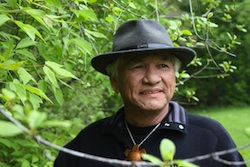
Indigenous Cultural Values Awareness Training
In conjunction with its Forest Certification Program, the EOMF offers training that builds awareness and appreciation for Indigenous cultural values and knowledge systems as they relate to forest management and governance.
Guided Forest Management Tours
The EOMF has a rich history of conducting guided tours to showcase sustainable forest management initiatives, catering to technical and professional audiences as well as visiting delegations from abroad. The tours highlight some of the many impressive and innovative sustainable forest management efforts undertaken by forest managers and private woodlot owners across eastern Ontario. Likewise, they highlight some of the challenges that we can learn from collectively.
Special Projects
The EOMF recently co-produced with Pinegrove Productions a documentary entitled ‘Trees, Youth, Our Future.’ This two-part documentary celebrates the stewardship of forests in eastern Ontario and beyond. Screenings of the documentary are underway with the help of the EOMF’s network of partners. The documentary serves as an example of a Special Project.
Learn more about this documentary and watch the videos.
Helpful Resource Material
Forest Certification NEW
The Model Forest is pleased to offer private and community forest owners, throughout Ontario, an affordable, efficient and supportive system to achieve forest certification.
In January 2003, the Model Forest received a Forest Stewardship Council® (FSC®) Group Forest Management Certificate (FSC® C018800). This certificate is managed by the Model Forest on behalf of private and community forest members. It allows for many forest owners to share in the benefits and costs of FSC® certification, under one umbrella.
The FSC® is an international, membership-based, non-profit organization that supports environmentally appropriate, socially beneficial, and economically viable management of the world's forests. The FSC® has developed a set of Standards, based on 10 core principles and criteria, that ensure sustainable forest management. Forest owners interested joining the Program must indicate their commitment to managing their forest within the FSC® Standards and the Model Forest Policies and Procedures.
Today, the Model Forest manages a successful and growing Forest Certification Program with the following forest types:
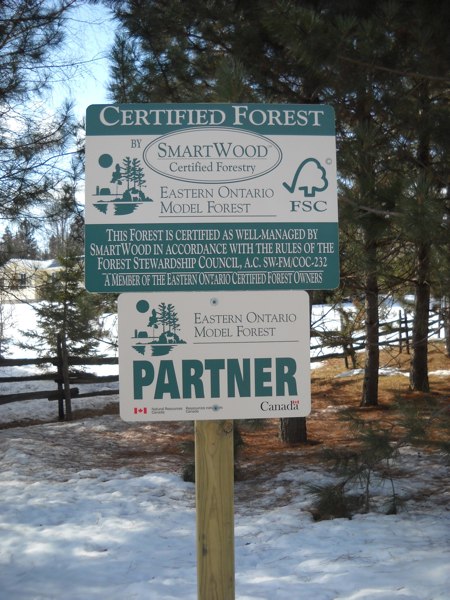
- Private forest owners;
- Community forests;
- Commercial forest owners;
- Independent resource managers; and
- Maple syrup producers.
Why Forest Certification
Since 2003, a diverse group of private and community forest owners have joined the Program (organizational chart and/or certification program map). Over this time, our members have shared why certification is important to them. Here is a sample of what we have heard:
- Provides a framework for forest owners to achieve sustainable forest management that is internationally recognized;
- Provides a supportive and cost-effective approach to achieving forest certification;
- Provides for a high level of public acceptance, through third party verification;
- Provides a credible tool to implement active management, while enhancing the environmental, social and economic benefits from the forest;
- Provides a framework for market ready carbon offset initiatives for community forests;
- Provides for meaningful and respectful Aboriginal engagement and cultural awareness opportunities;
- Protects forest ecosystems and helps fight climate change;
- Raises industry standards.
Your Pathway to Forest Certification
Steps to achieving forest certification for your private woodlot:
 Photo Credit: Rhonda Elliott
Photo Credit: Rhonda Elliott
- Obtain a copy of the Forest Certification Standards and Policies & Procedures Manual;
- Review the Checklist for private woodlot certification;
- Develop a forest management plan. The plan must be approved by either the Model Forest or a member of the Ontario Professional Foresters Association;
- Schedule a site visit with the Forest Certification Coordinator;
- Sign Memorandum of Understanding;
- The cost of private forest certification includes: a one-time site visit fee of $200 plus tax, an annual Program Fee of $75 and 4% on the total standing timber sale for commercial harvests;
- Participate in the annual audits .
Steps to achieving forest certification for Community Forests:
- Obtain a copy of the Forest Certification Standards and Policies & Procedures Manual;
- Review the Checklist for Community Forest Certification;
- Present opportunity of forest certification to your relevant decisionmakers;
- Schedule a site visit with the Forest Certification Coordinator;
- Model Forest will undertake a gap analysis. The gap analysis will compare your current forest management operations with FSC Standards;
- The Model Forest will work with the Community Forest to address any forest management gaps;
- Sign Memorandum of Understanding;
- The cost of forest certification for community forests includes a Gap Analysis Fee and a Program Fee. The Model forest will provide a quote for these fees at the request of interested parties;
- Coordinate and host annual visits with the Model Forest for internal auditing.
- Participate in the annual audits .
Looking forward to hearing from you!
To learn more about our forest Certification Program, please contact Jim Hendry, Forest Certification Coordinator at 613-258-8422 or This email address is being protected from spambots. You need JavaScript enabled to view it. .
For information on forest certification in Canada visit Certification Canada.
Forest Certification Program - FAQs
Helpful Resource Material
We respect the privacy of our members, partners and stakeholders. Our full privacy policy is available HERE.
Helpful Resource Material
Forest Health Network NEW
From our first-hand experience with the large-scale ice storm that struck in 1998, to our more recent involvement in helping partners respond to the arrival of the Asian long-horned beetle in the City of Toronto, we realize that the threats to forest health are very real and the consequences potentially devastating for communities.
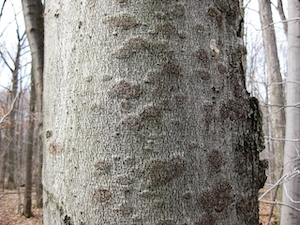 The EOMF has spearheaded the Forest Health Network (FHN), a network of some 20 organizations and agencies spanning eastern Ontario, western Quebec and northern New York State – rallying partners in a coordinated and collaborative response to forest threats of various kinds.
The EOMF has spearheaded the Forest Health Network (FHN), a network of some 20 organizations and agencies spanning eastern Ontario, western Quebec and northern New York State – rallying partners in a coordinated and collaborative response to forest threats of various kinds.
In support of the FHN, the EOMF is involved in:
- hosting meetings,
- acting as a central repository for the distribution of relevant materials to partners,
- helping to coordinate training for forest practitioners, and
- playing a key role in coordinating the development and delivery of communications and outreach products and activities directed at woodlot owners as well as urban and rural residents.
Working closely with scientists and experts from both Federal and provincial governments in delivering forest health-related messages to forest industry, rural landowners and urban dwellers also forms an important function of the FHN.
Members of the Forest Health Network
- Agence regionale de mise en valeur des privees outaouaises
- Agriculture and Agri
- Food Canada (Arboretum)
- Canada Food Inspection Agency
- Canadian Forest Service
- City of Cornwall
- City of Gatineau
- City of Ottawa
- Raisin Region Conservation Authority
- South Nation Conservation
- Rideau Valley Conservation
- Mississippi Valley Conservation
- Cataraqui Region Conservation
- Cornell University, NY
- County of Renfrew
- Ministry of Natural Resources & Forestry
- National Capital Commission
- Mohawk Council of Akwesasne
- Ontario Invasive Plant Council
- Ontario Parks
- St Lawrence County, NY
- St. Lawrence Islands National Park
- Town of Carleton Place
- Tree Canada United
- Counties of Leeds & Grenville
Working on Slowing the Spread of the Emerald Ash Borer
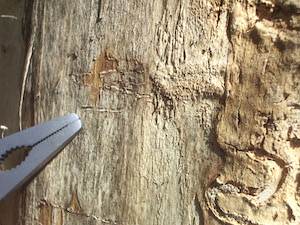
A particular focus for the Forest Health Network has been the slowing of the spread of the emerald ash borer (EAB) across eastern Ontario. The FHN is playing a critical role in bringing partners together to coalesce around one set of consistent messages about EAB. Past experience in other jurisdictions has shown that, in the absence of a facilitating or coordinating vehicle such as the FHN, organizations and agencies have struggled to provide consistent messaging to landowners and the public – an inevitable recipe for failure. The FHN, with EOMF playing a facilitative role, is providing a vital coordinating function – one that is ensuring strategic responses to threats to forest health, and also building capacity within local communities to respond effectively to such threats.
For more information on the Emerald Ash Borer download landowner extensions note and/or to view the EAB videos.


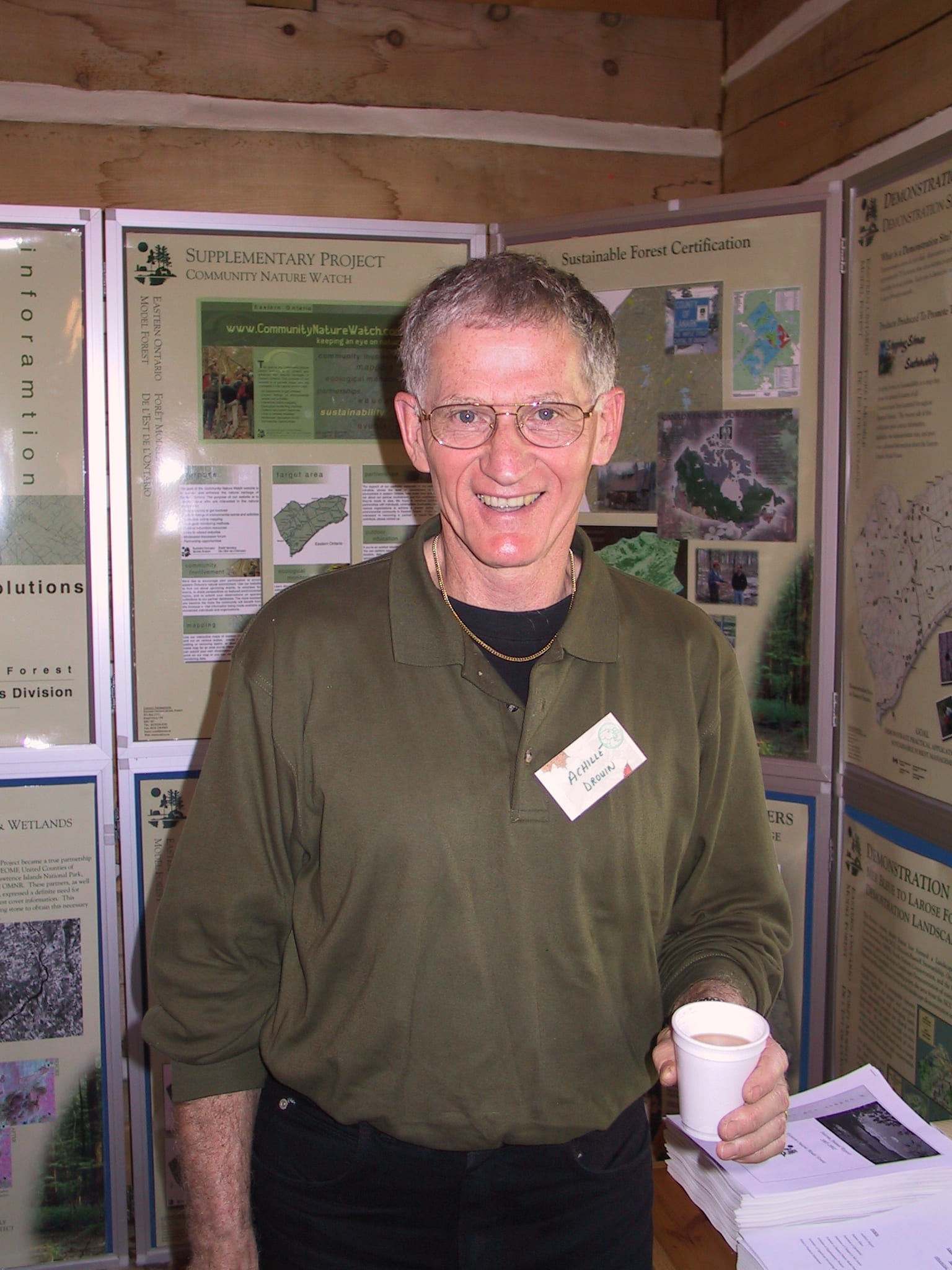
.jpg)
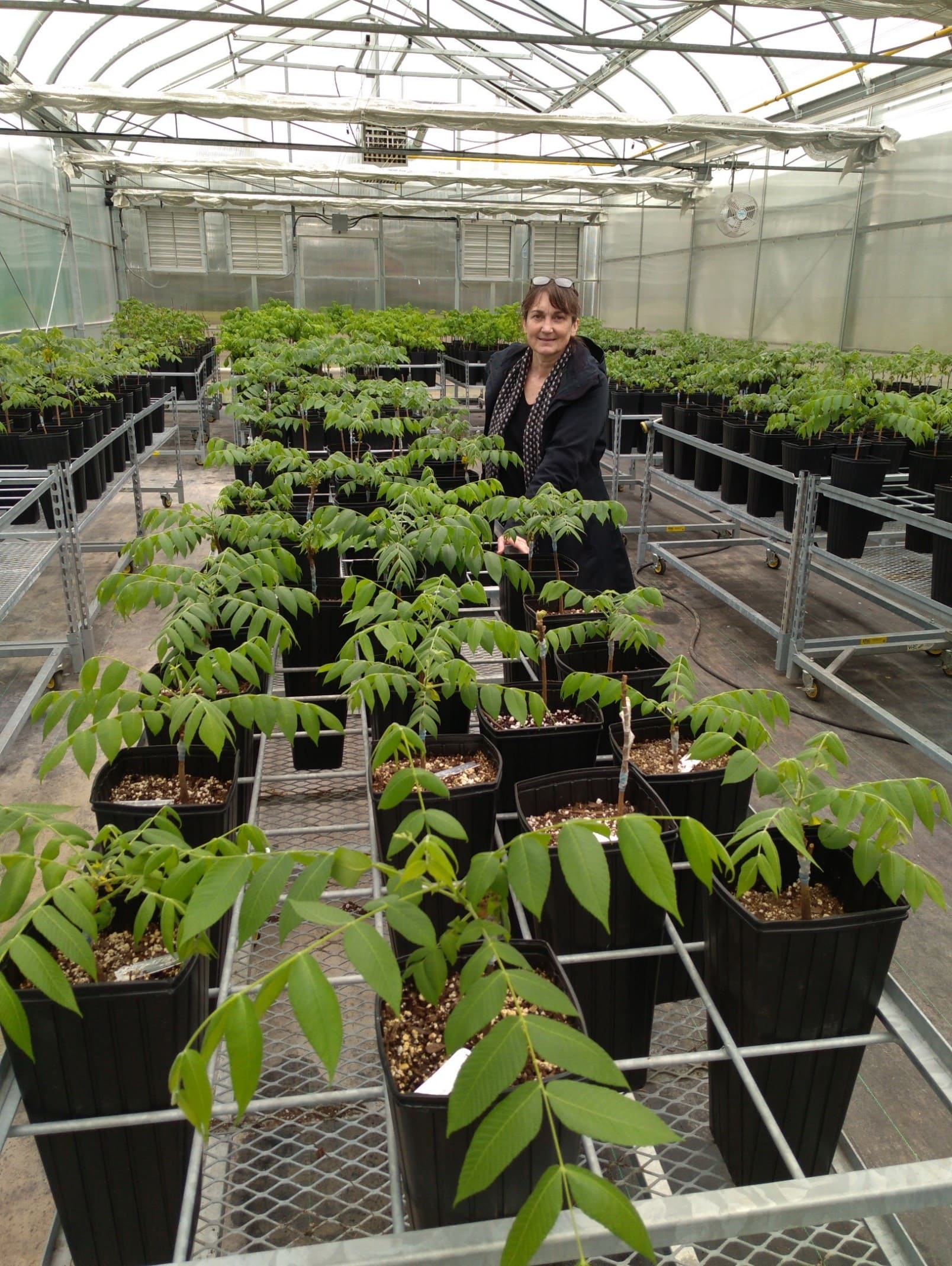
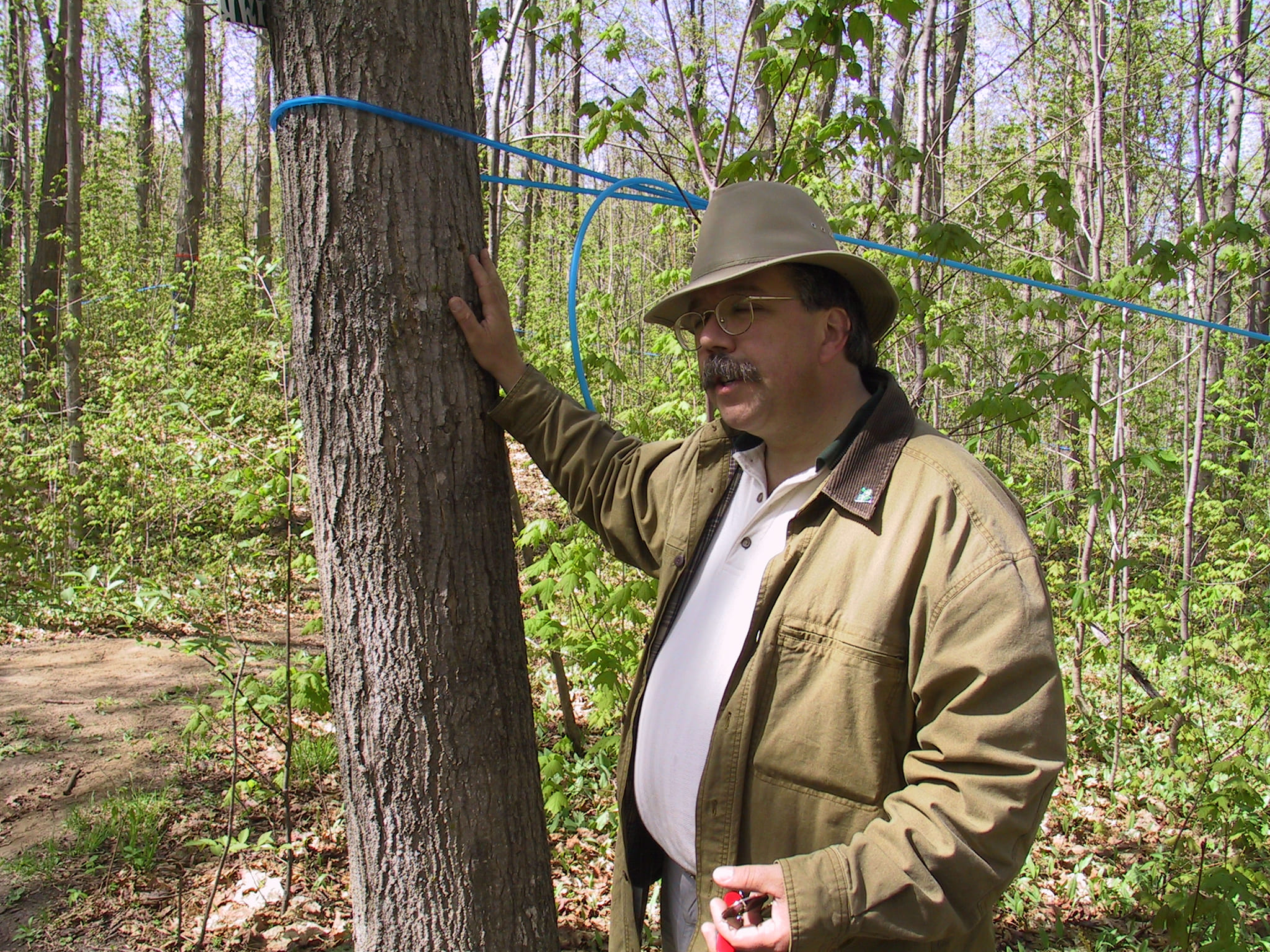
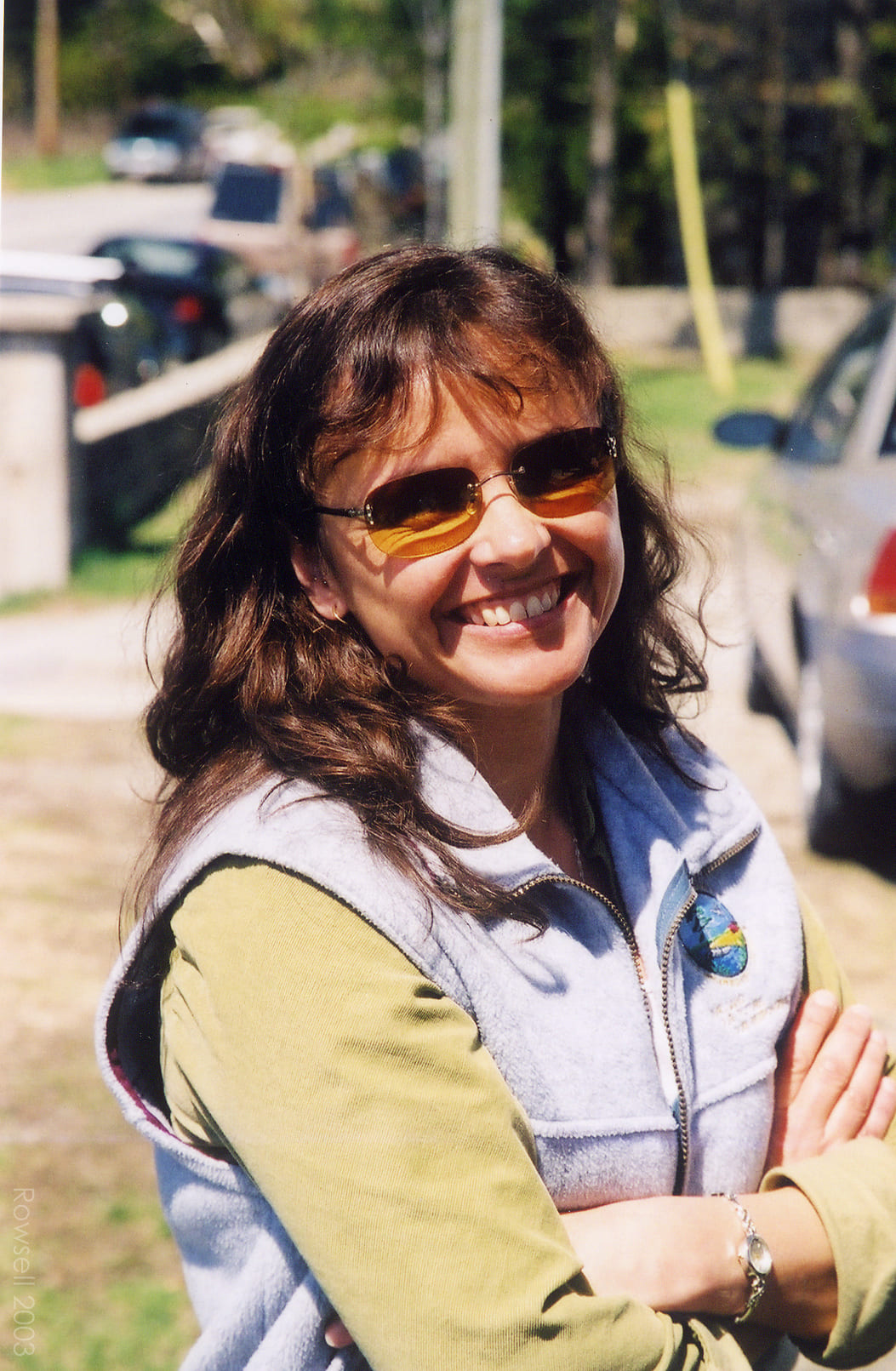
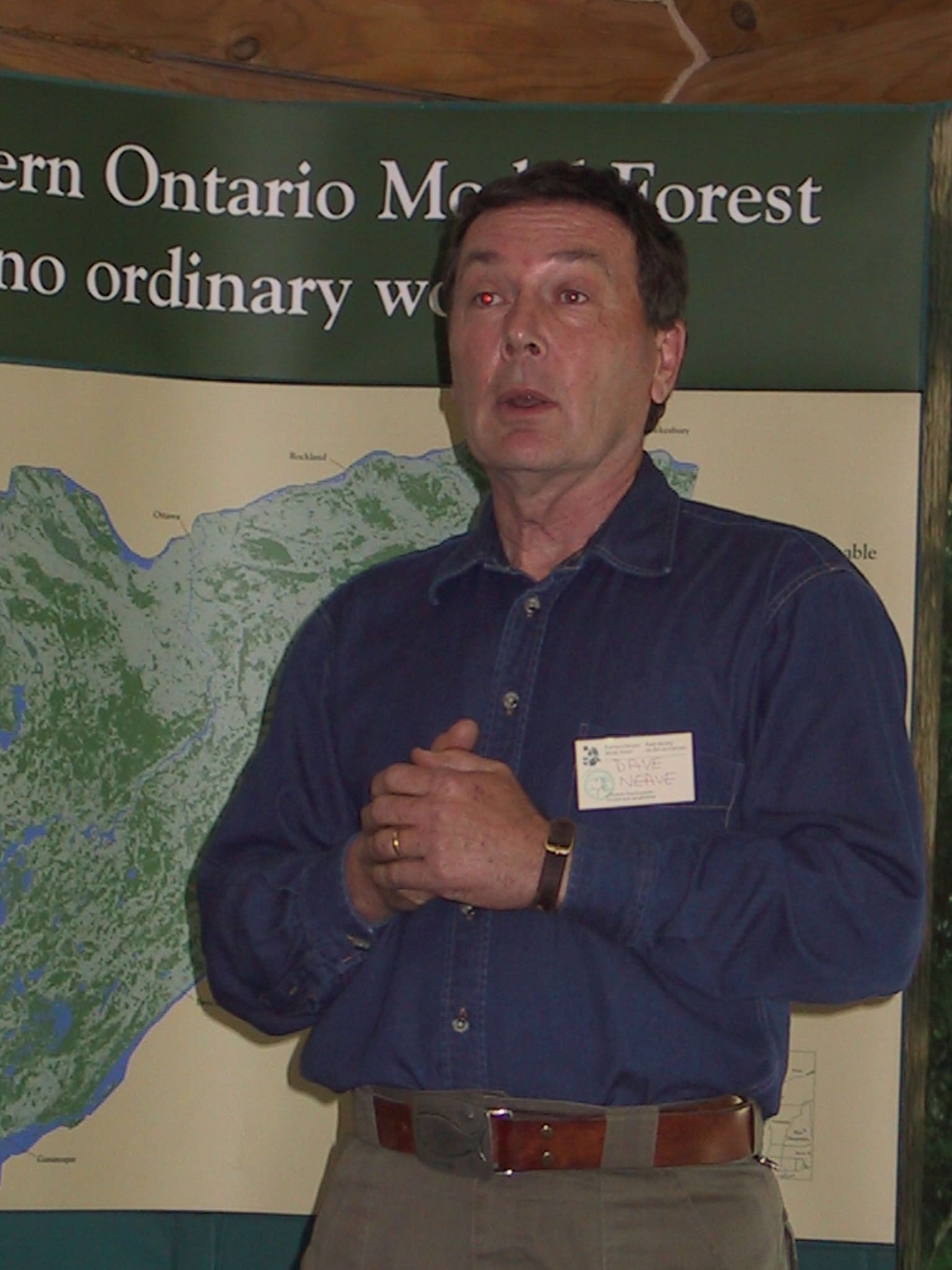

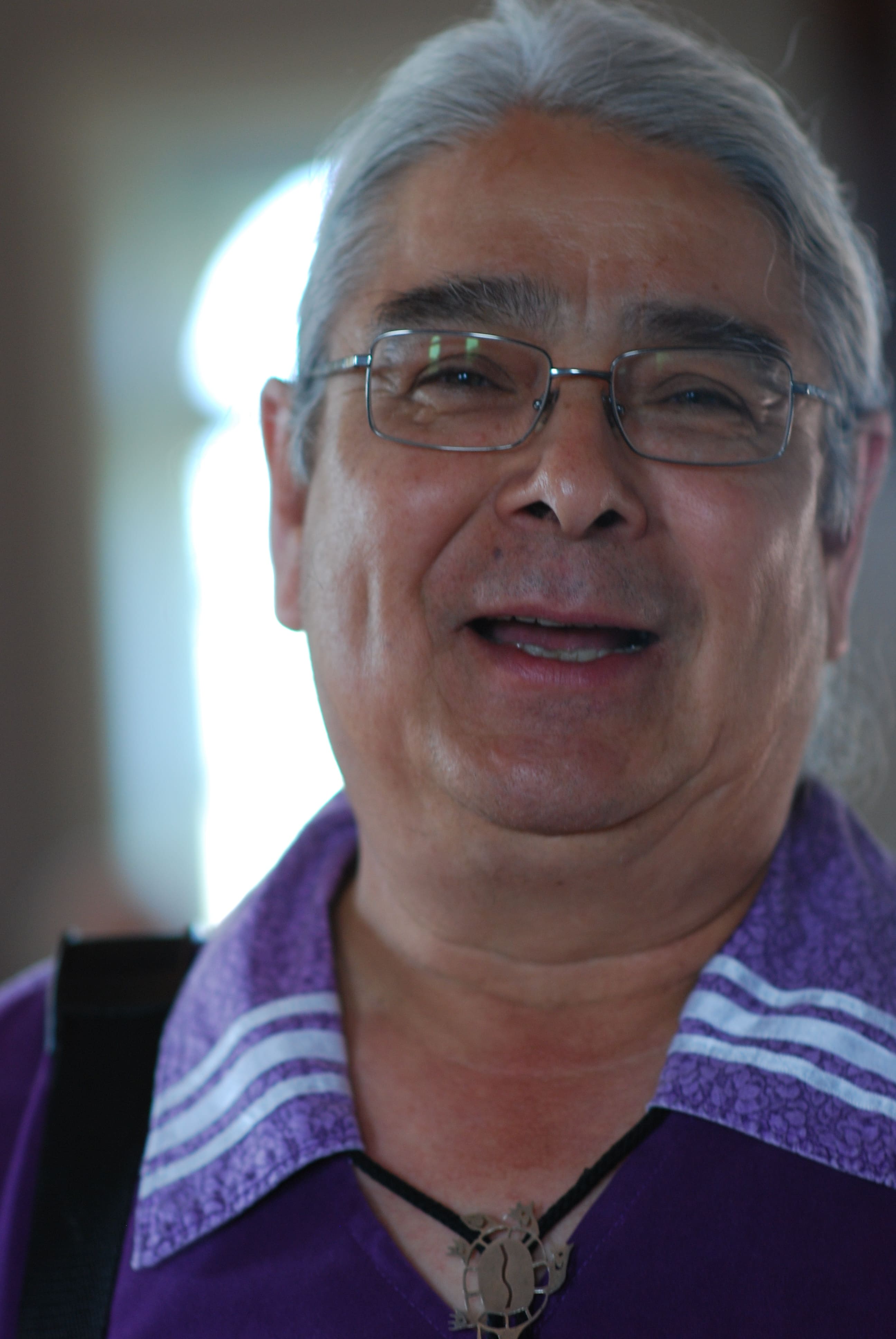
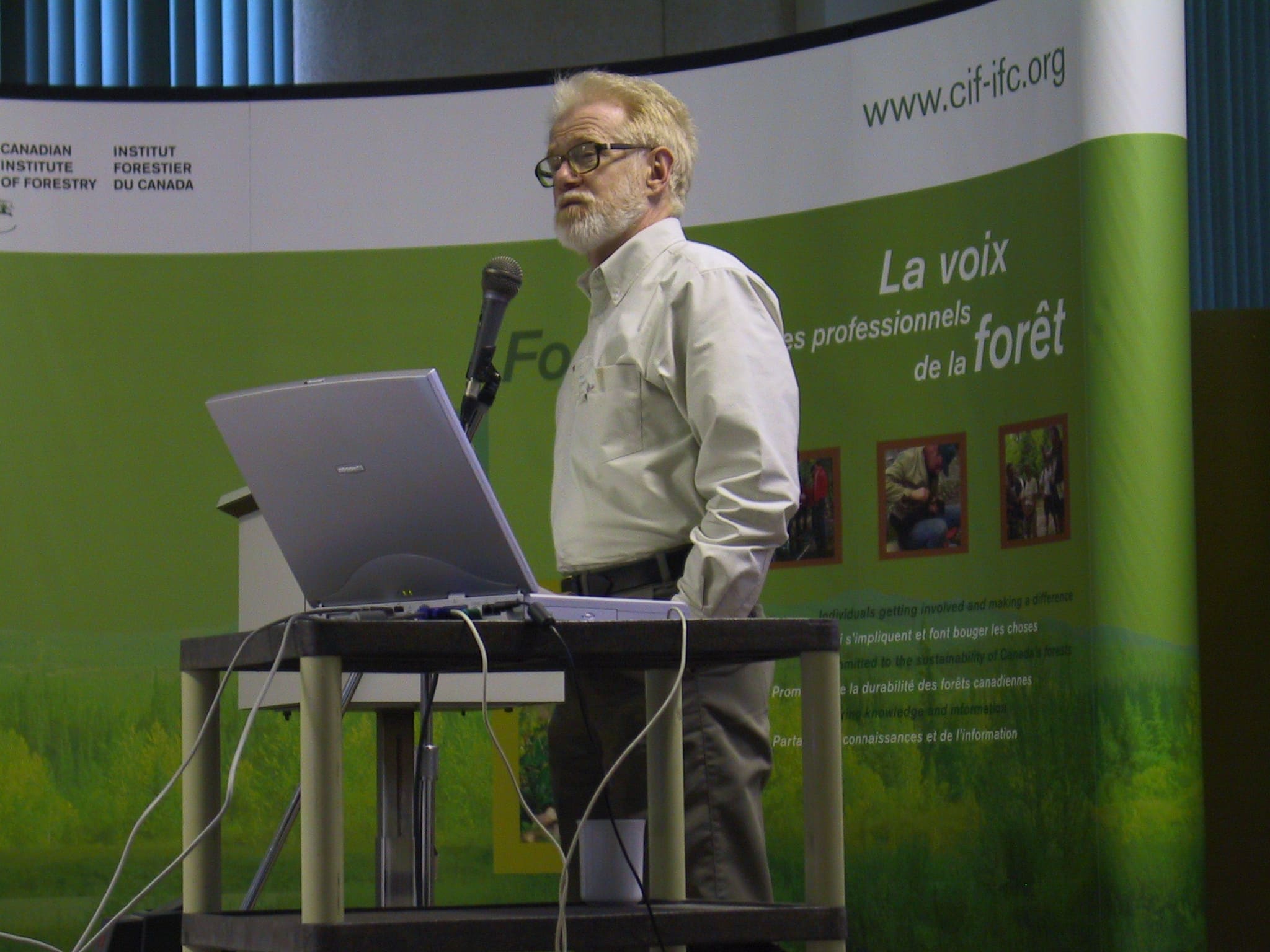
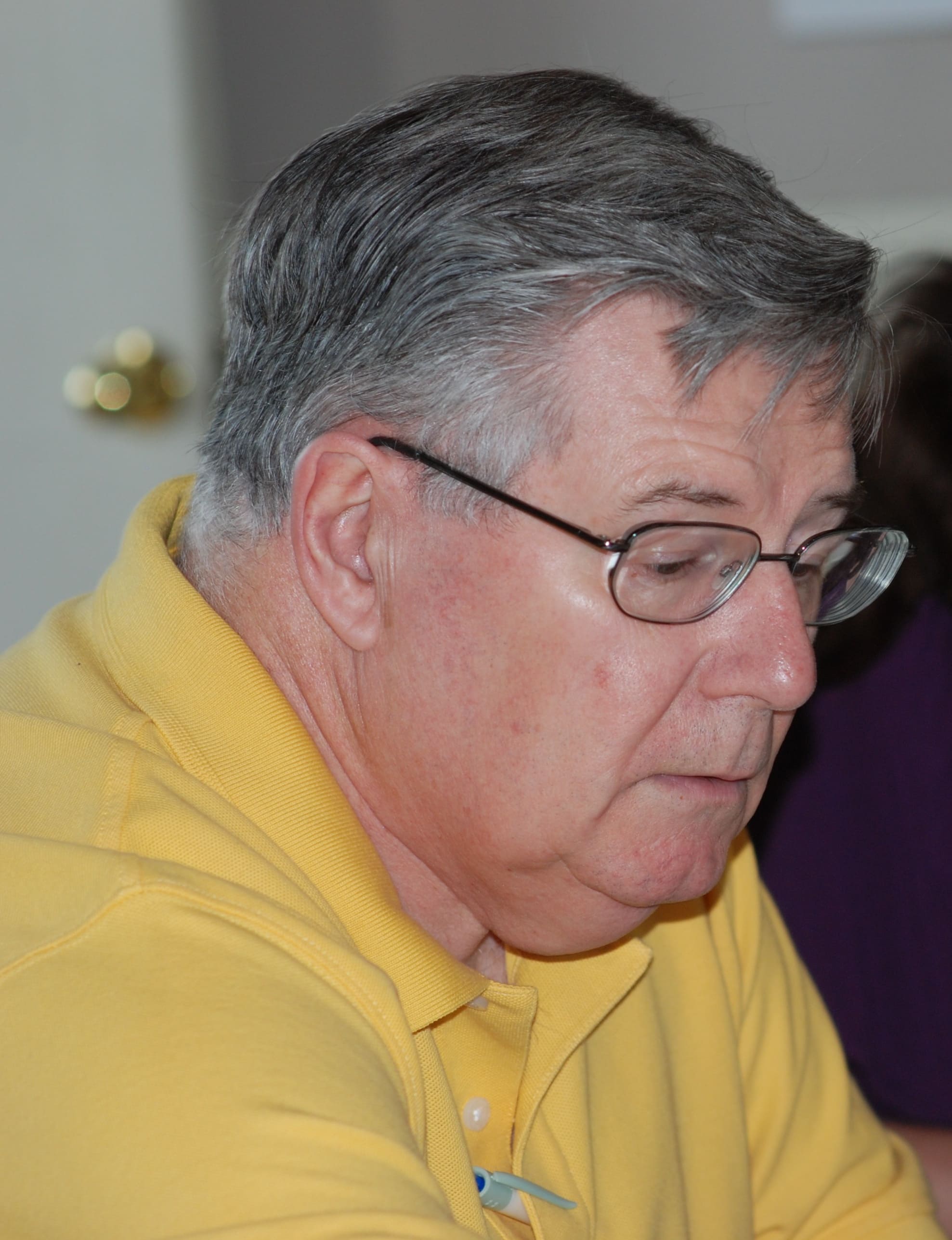
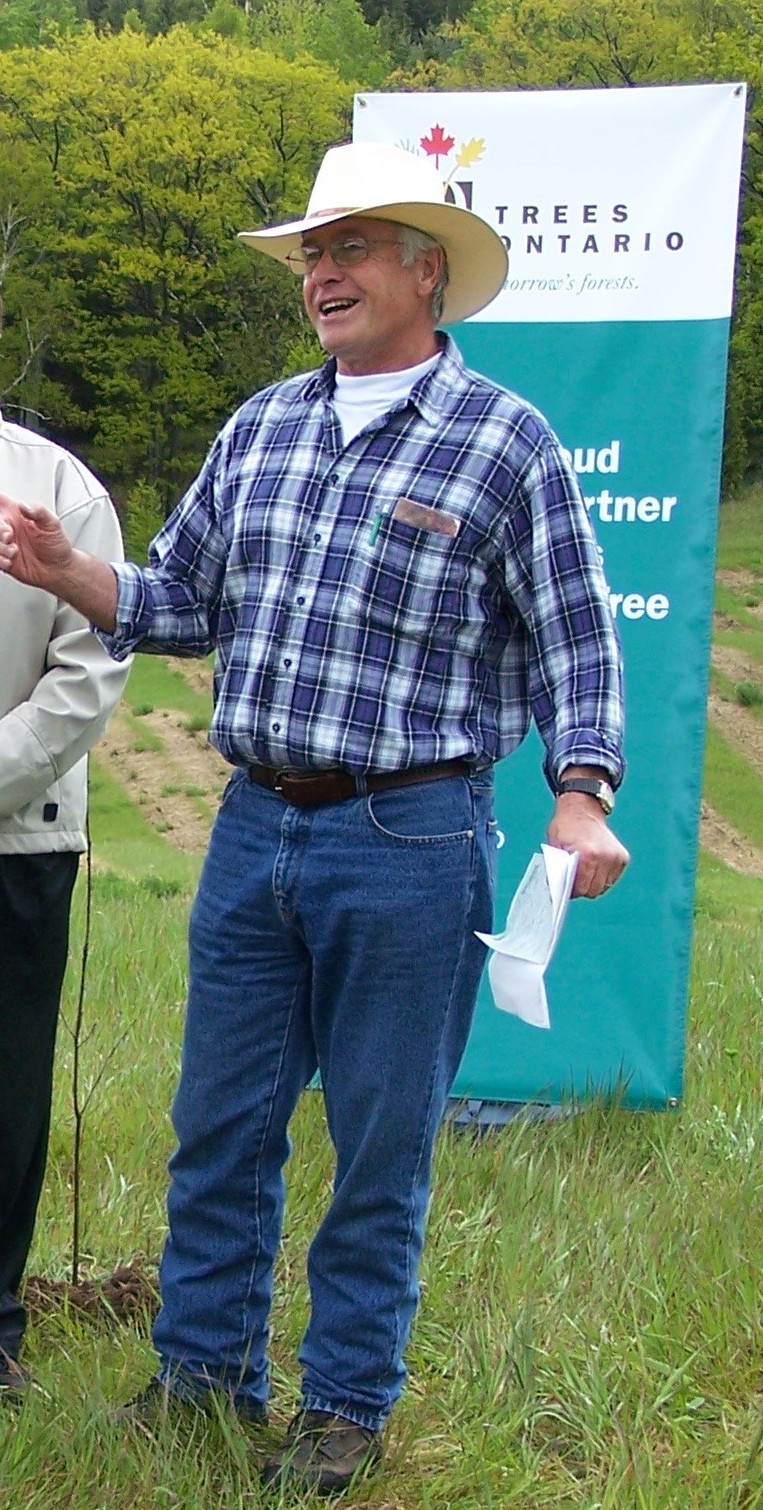
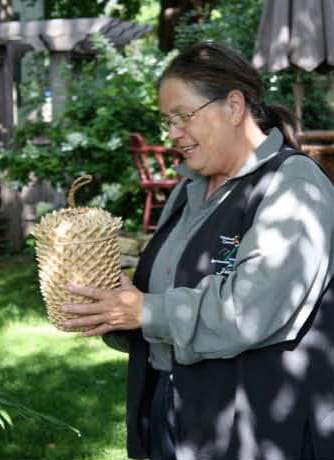

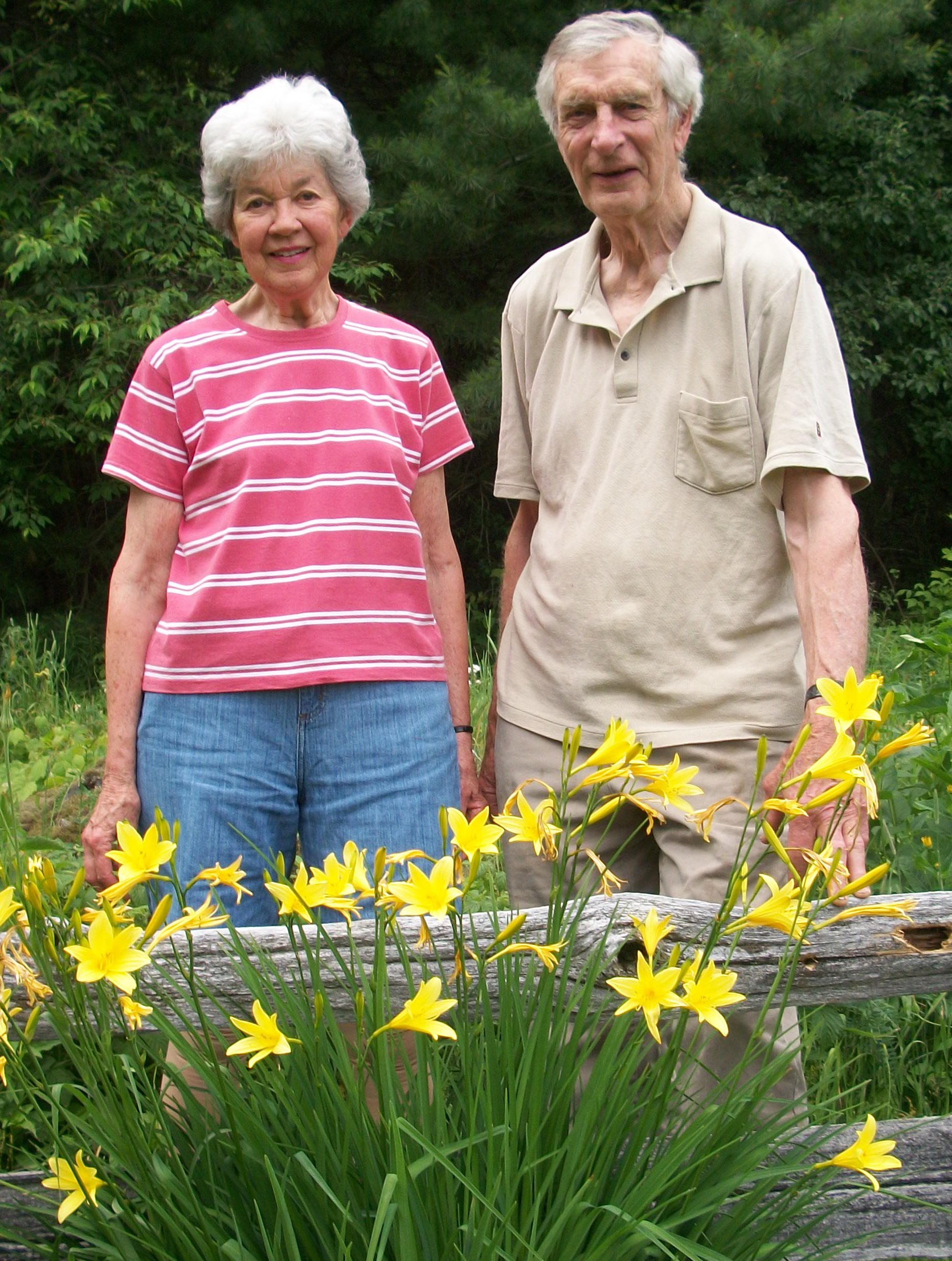
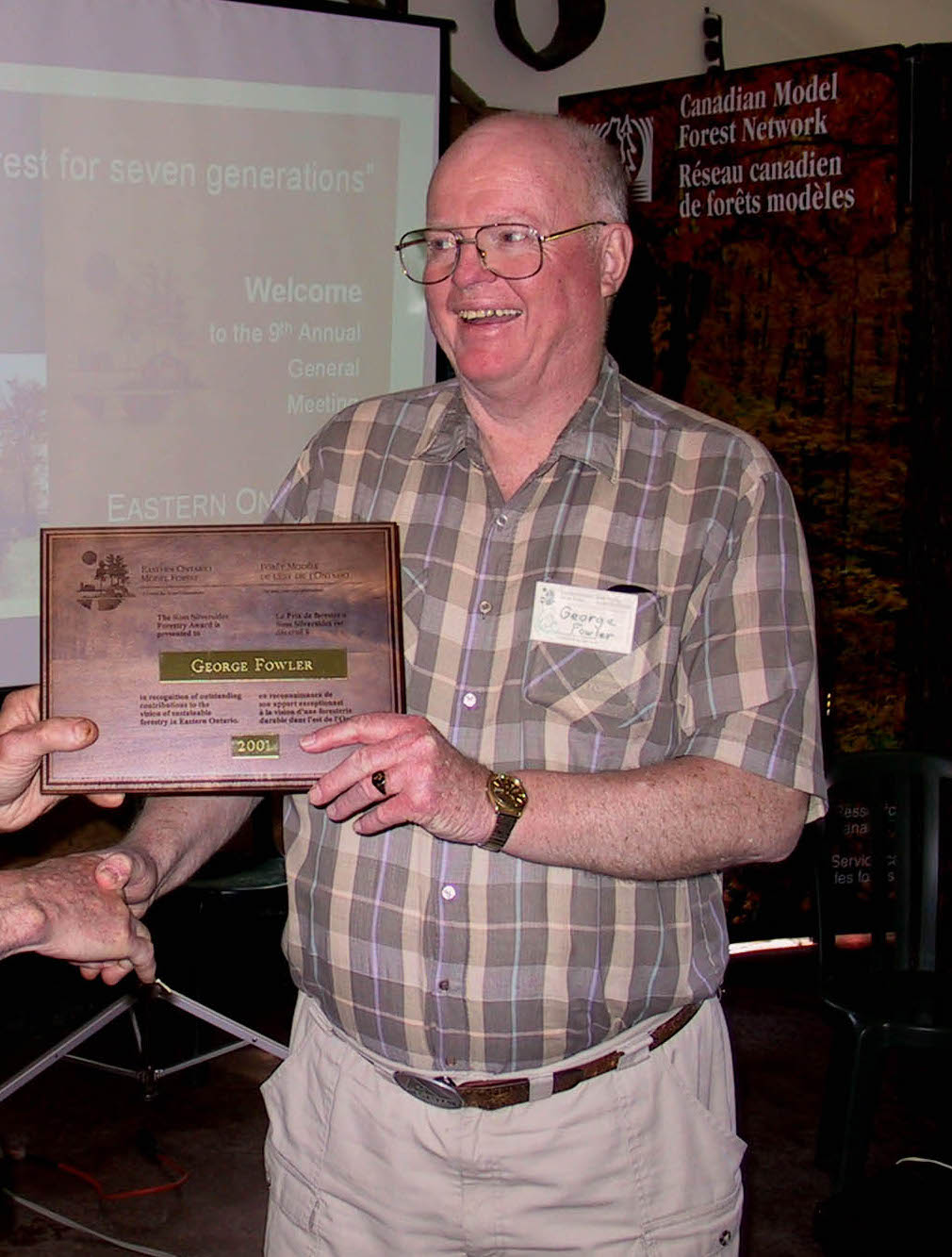
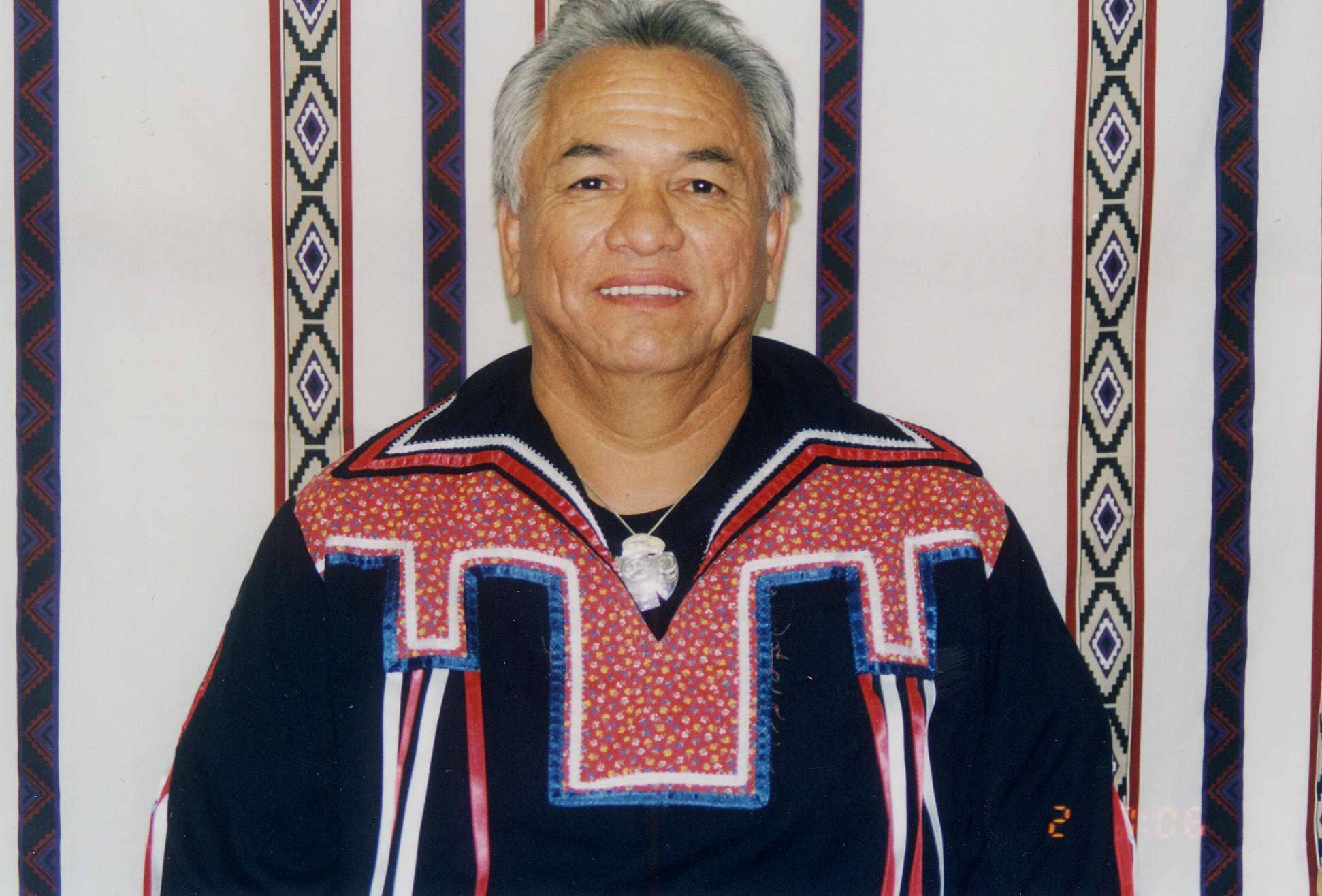
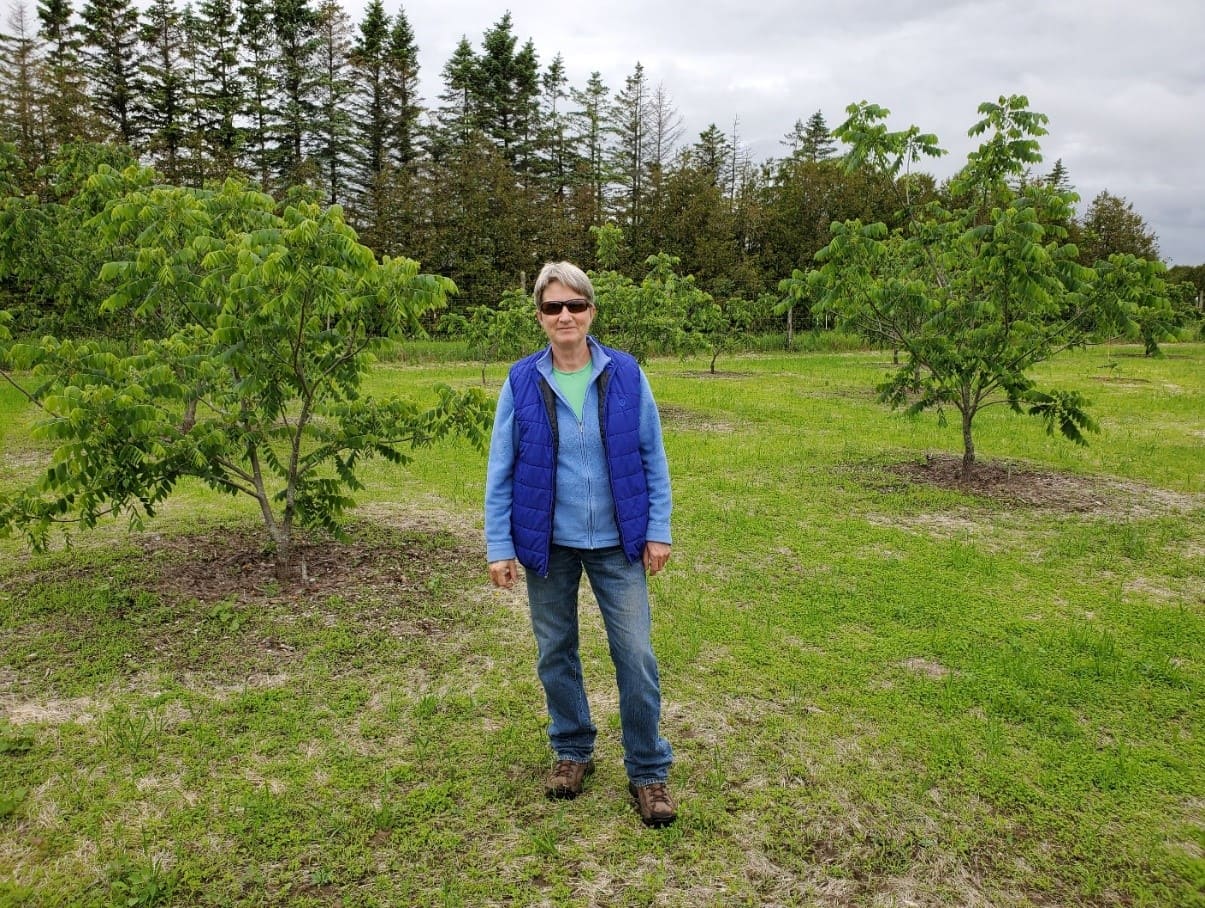
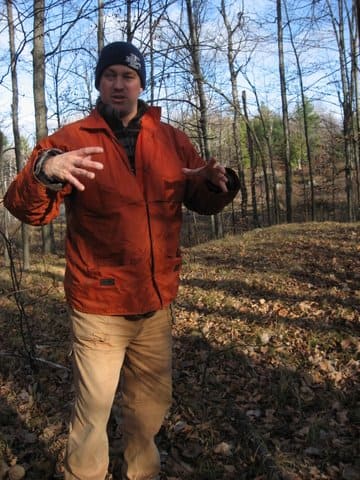
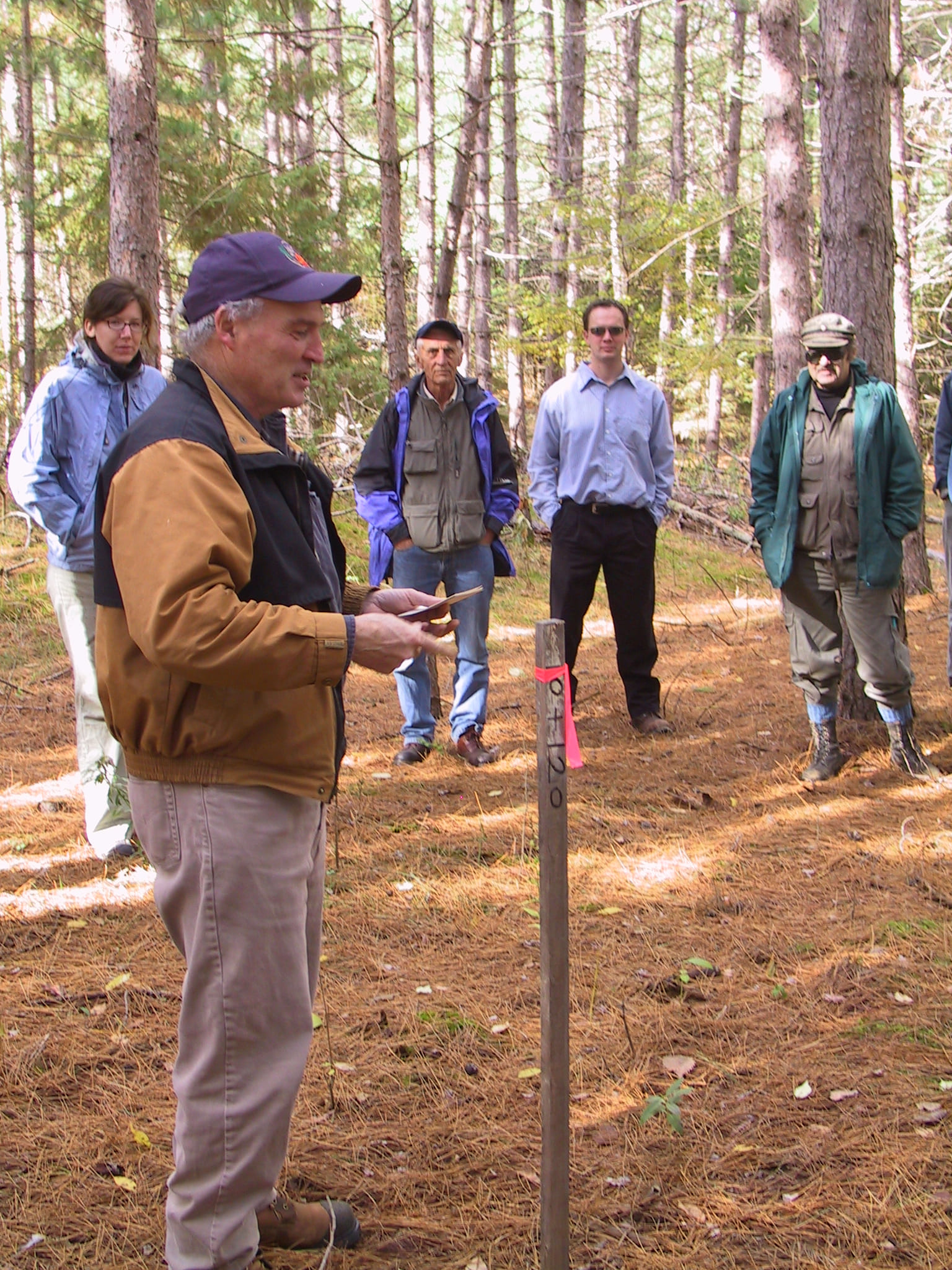

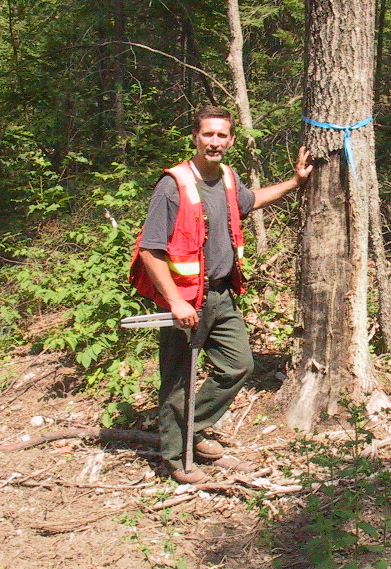
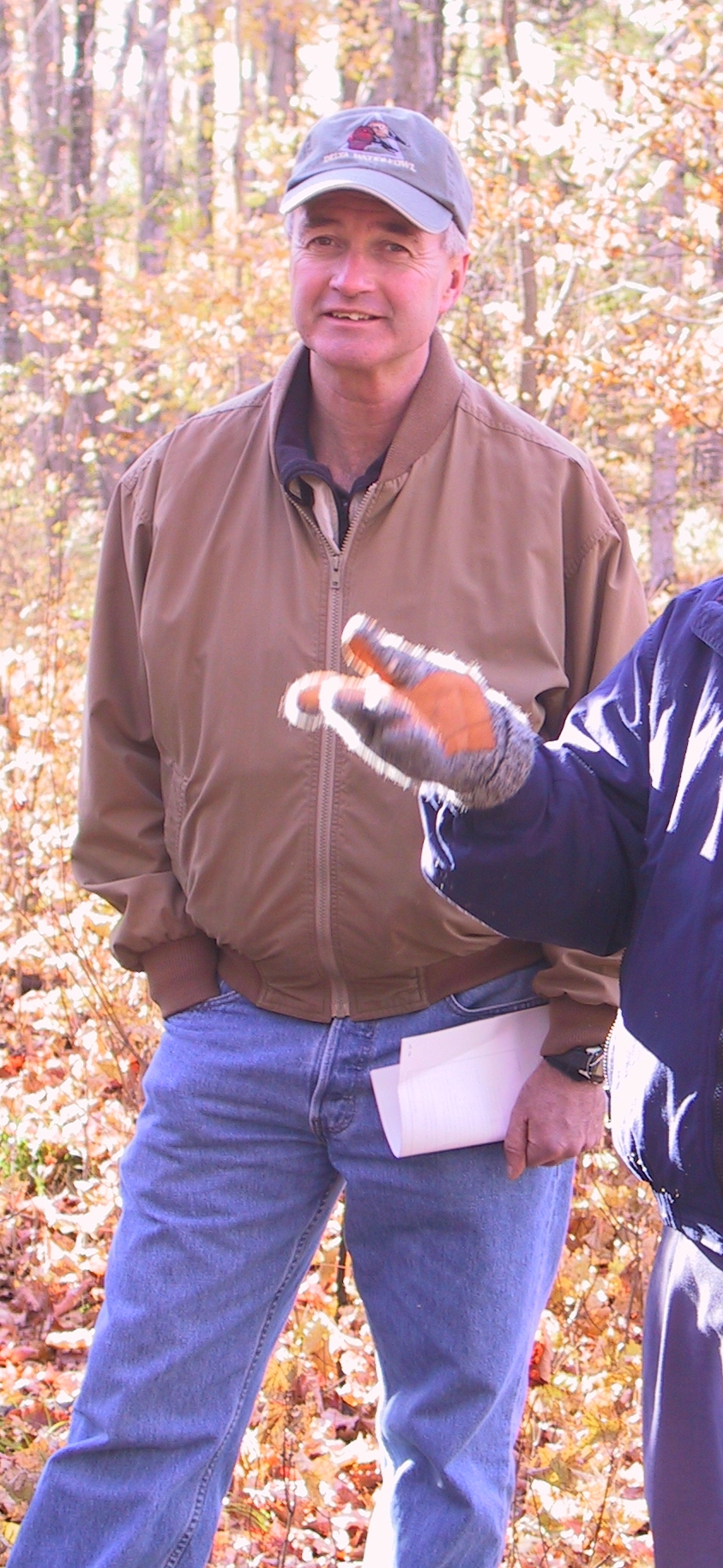
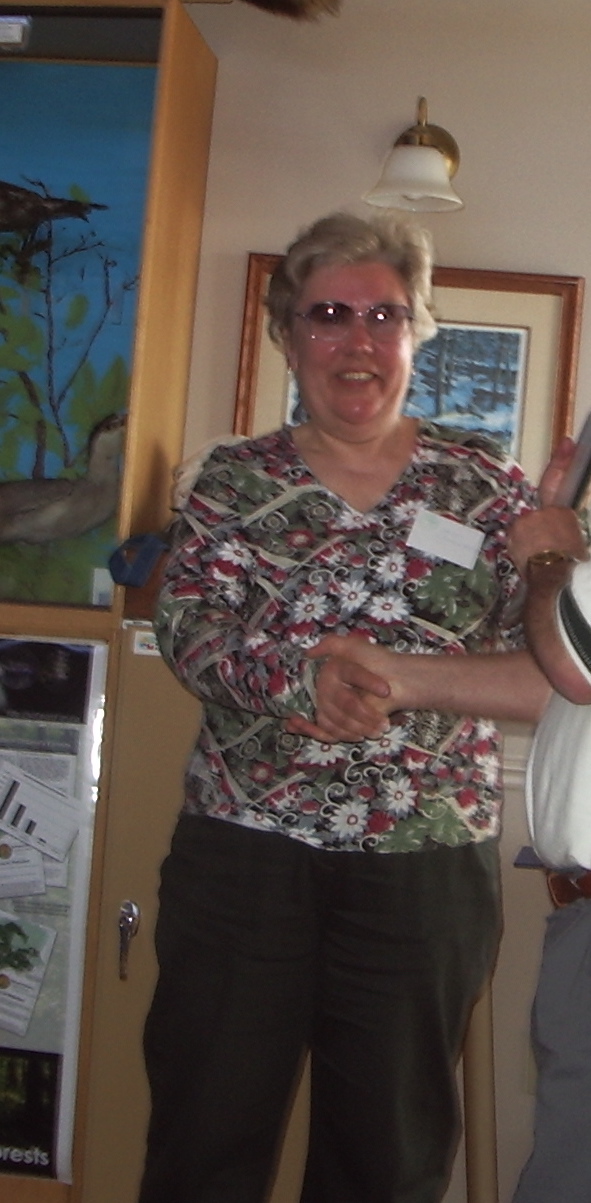
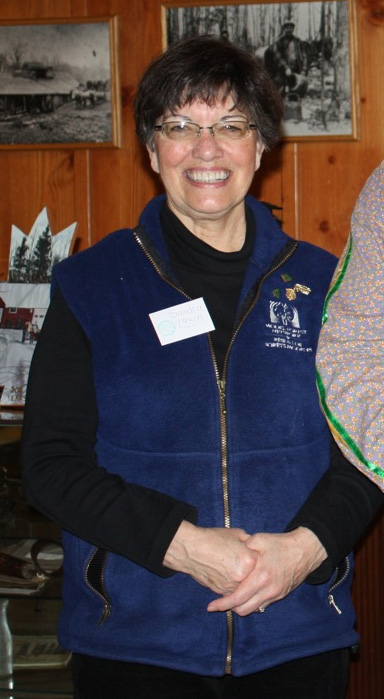
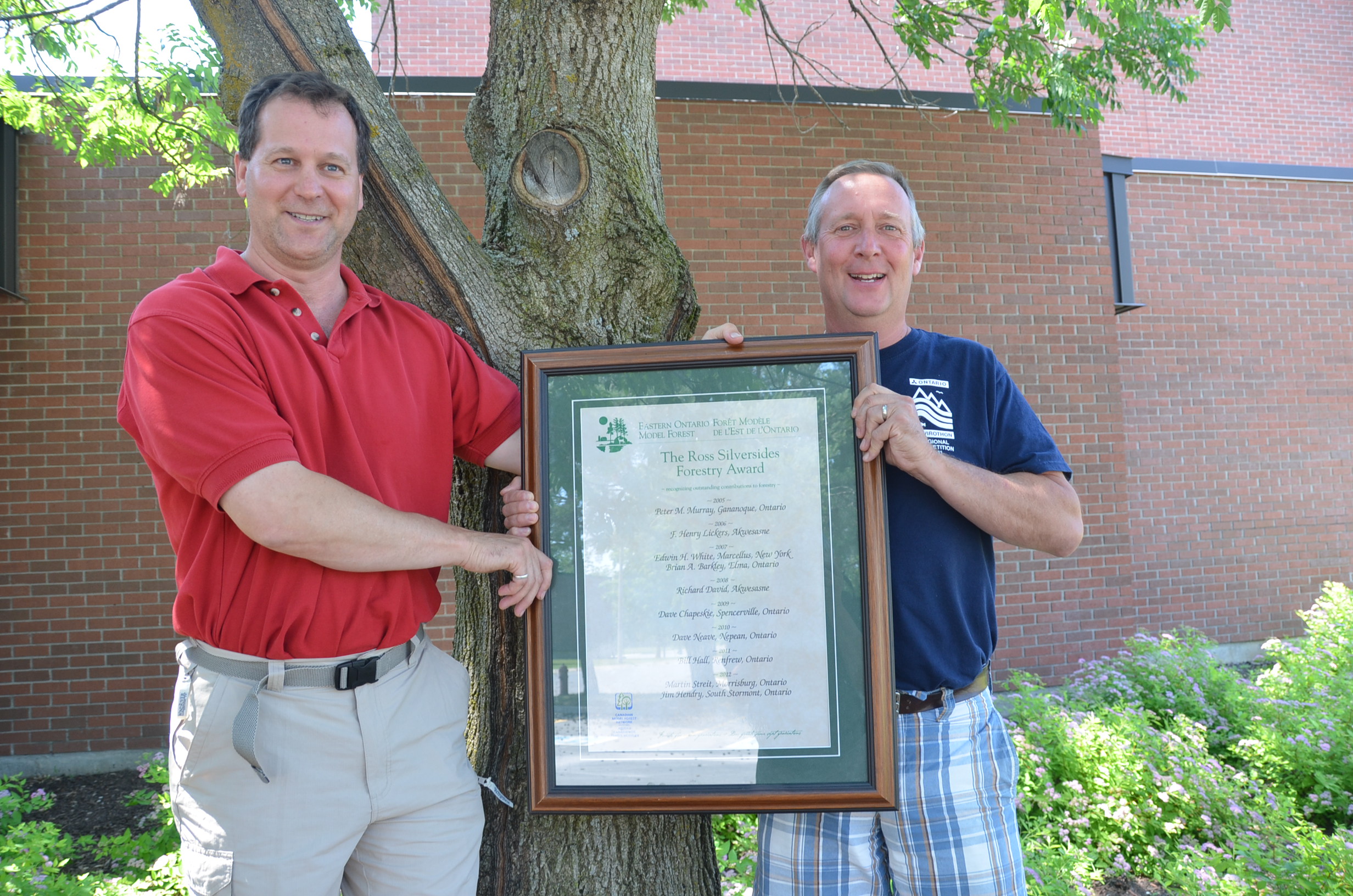
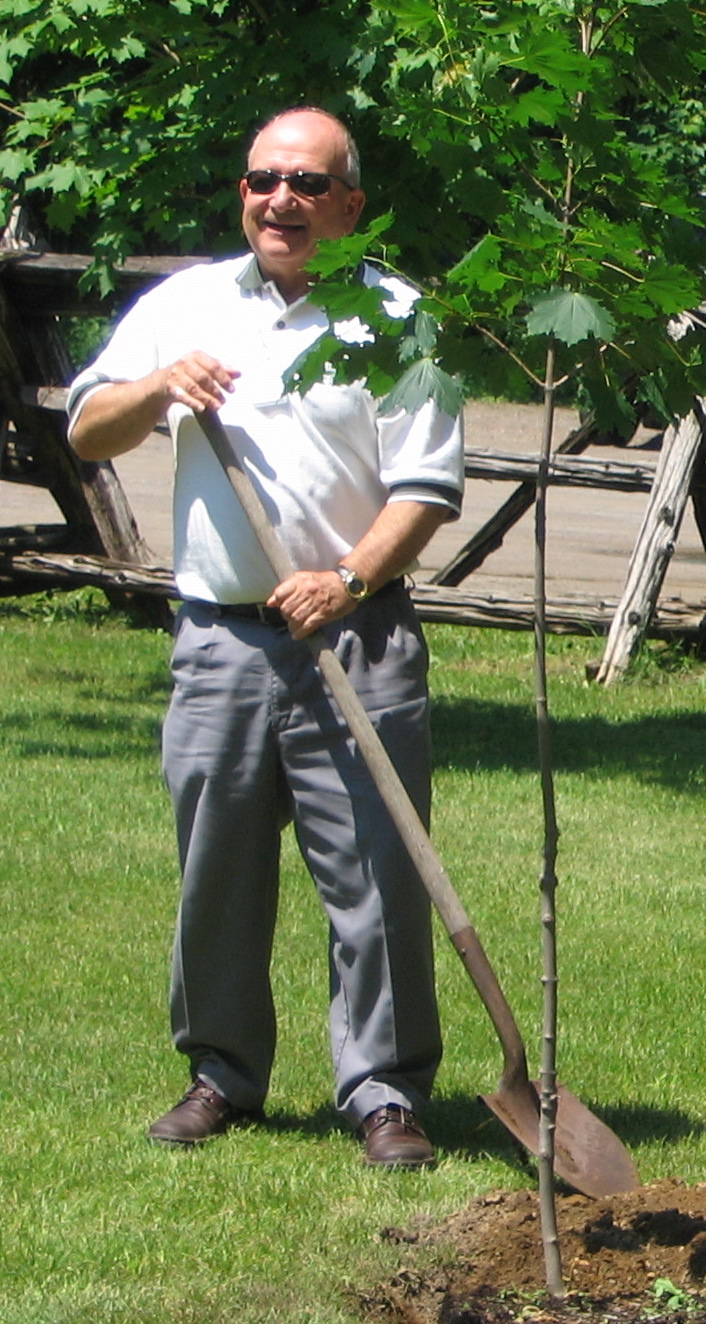
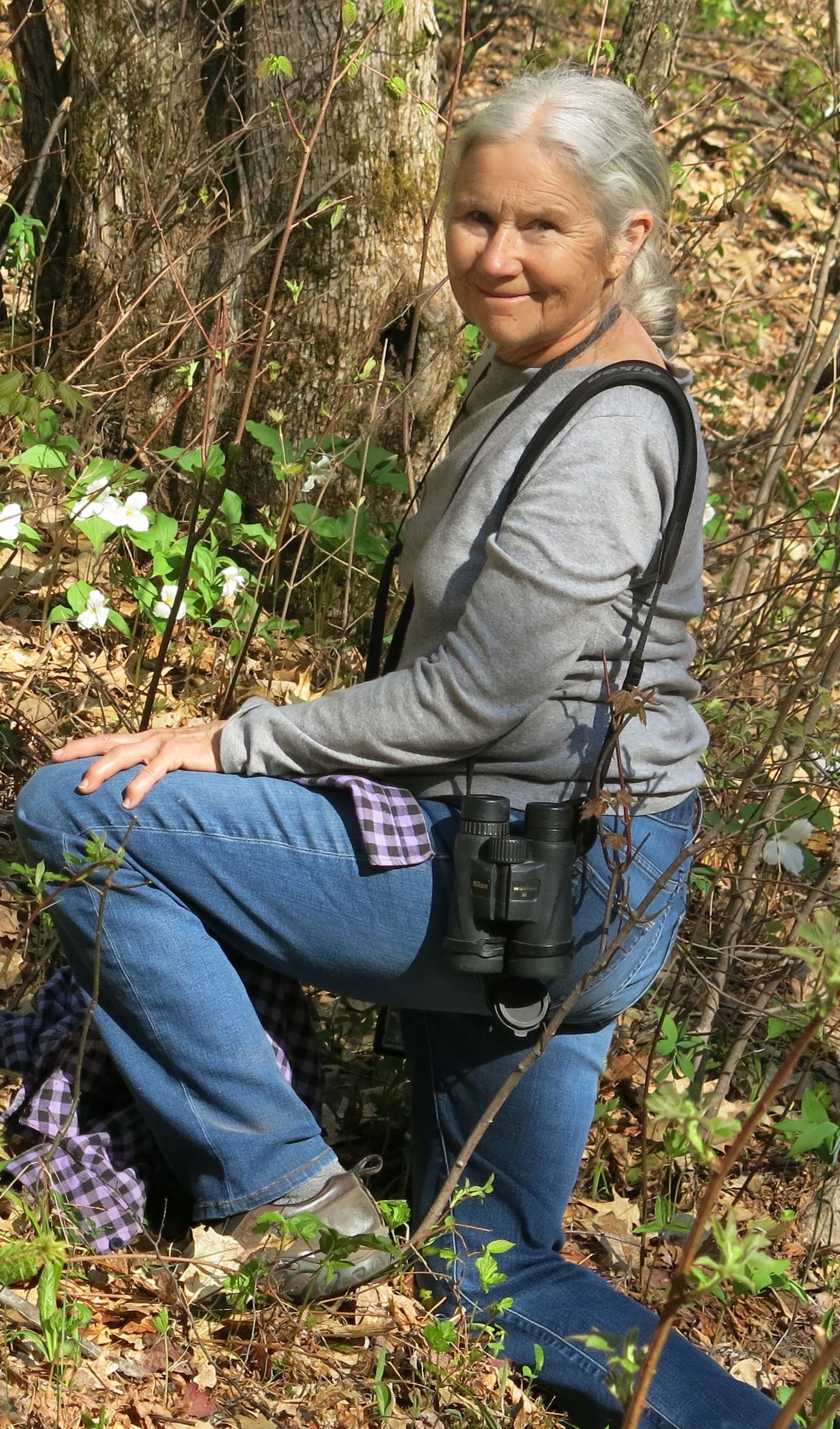
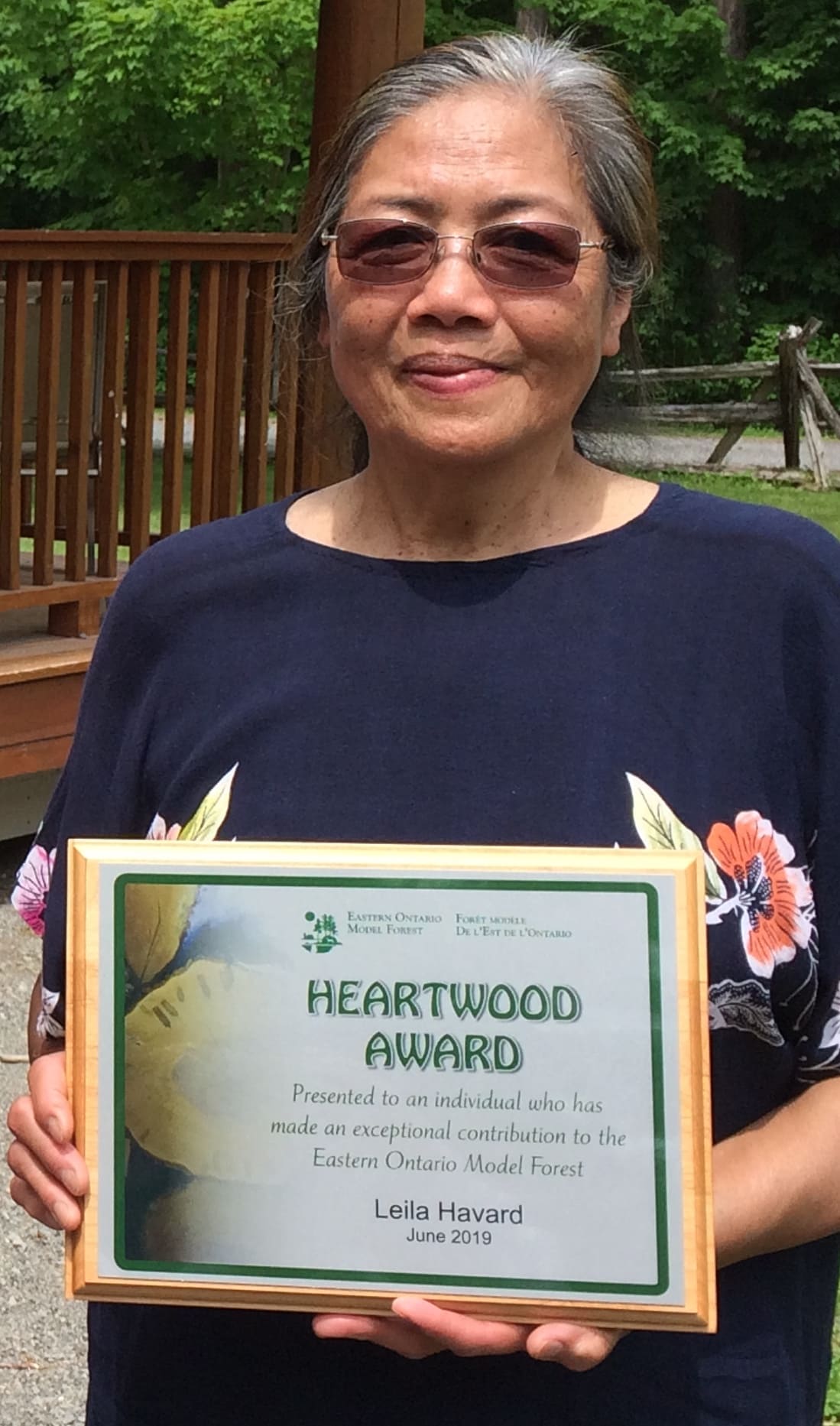

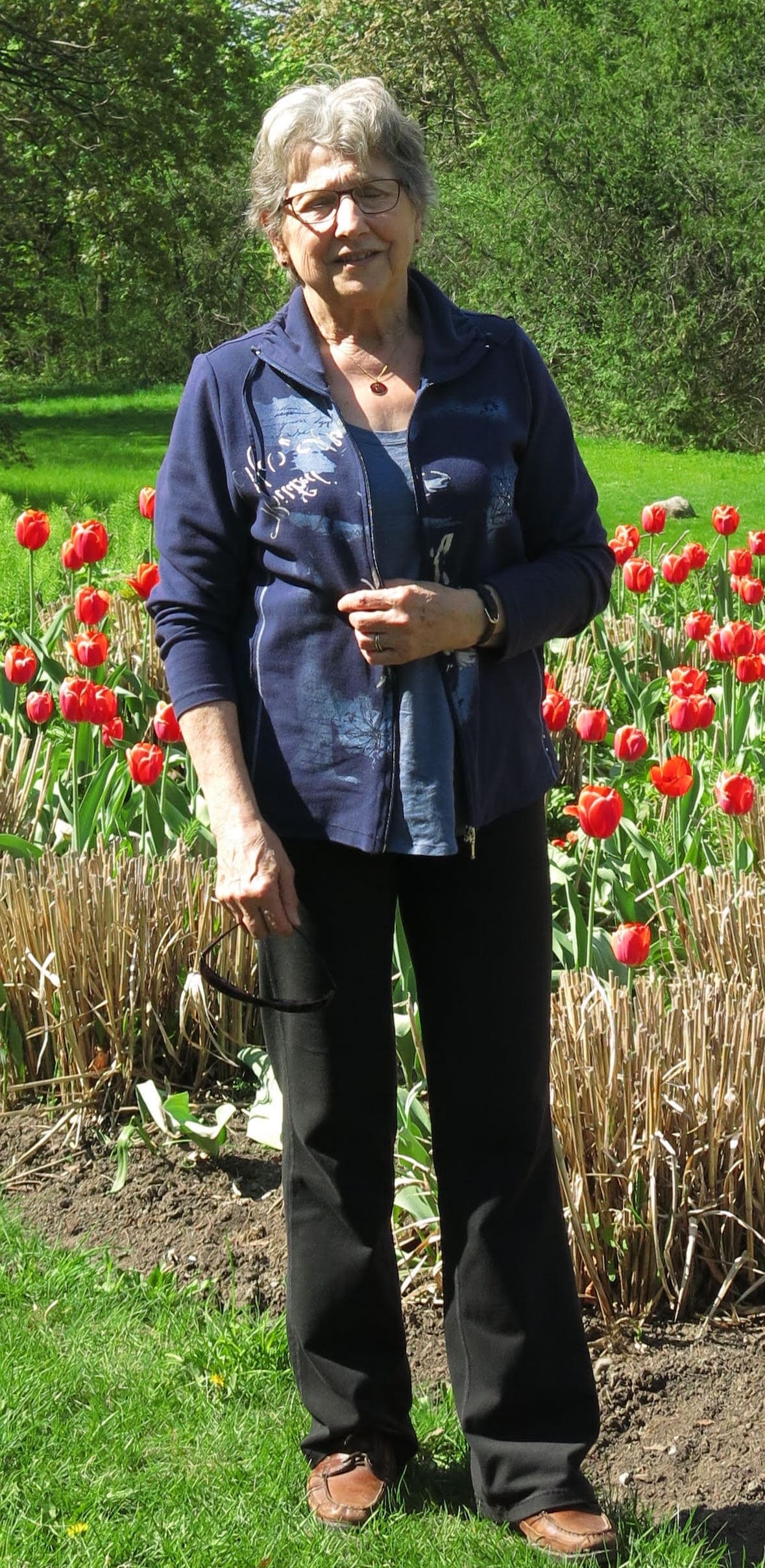
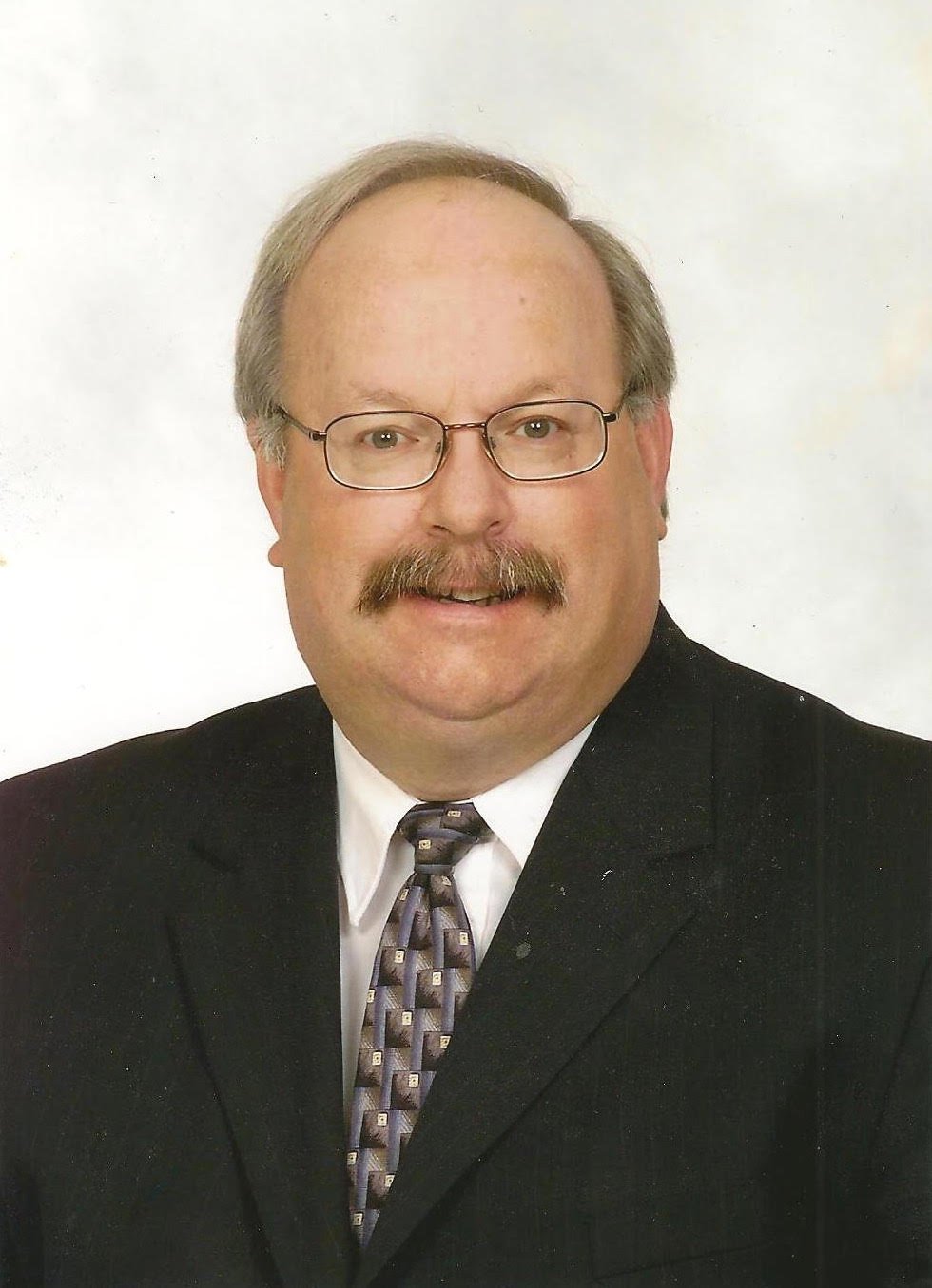
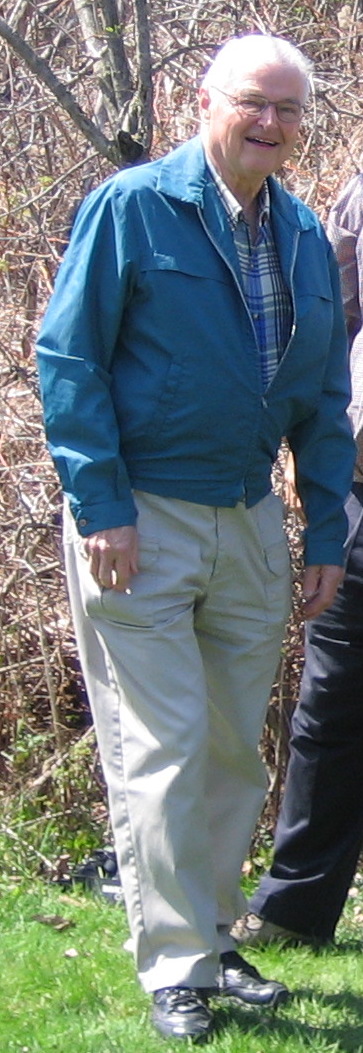



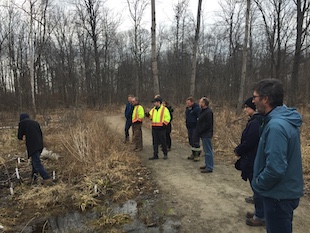
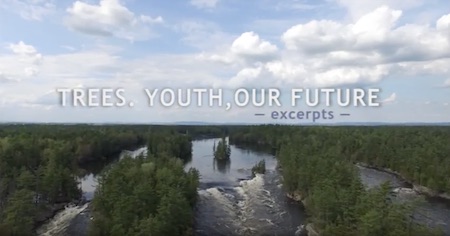



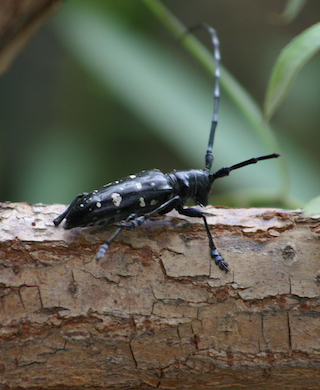
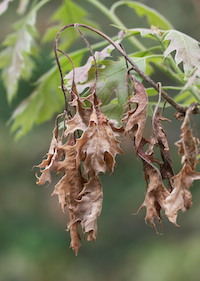
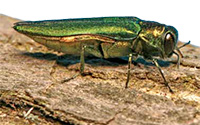 In 2016, we continued to deal with Emerald Ash Borer in our Region plus keeping an eye on other invasive species such as Asian Long-horned Beetle, Beech Bark Disease, Hemlock Woolly Adelgid along with many of the invasive plant species.
In 2016, we continued to deal with Emerald Ash Borer in our Region plus keeping an eye on other invasive species such as Asian Long-horned Beetle, Beech Bark Disease, Hemlock Woolly Adelgid along with many of the invasive plant species.